We continue our Blog series about the 2020 delegates who were unable to attend Washington Week due to the pandemic this year. Two outstanding student leaders are selected to serve as USSYP delegates from each state in the nation, as well as the District of Columbia and the Department of Defense Education Activity. Learning of the breadth and beauty of our country as delegates share home state stories and photos is one of the profound gifts of the program.
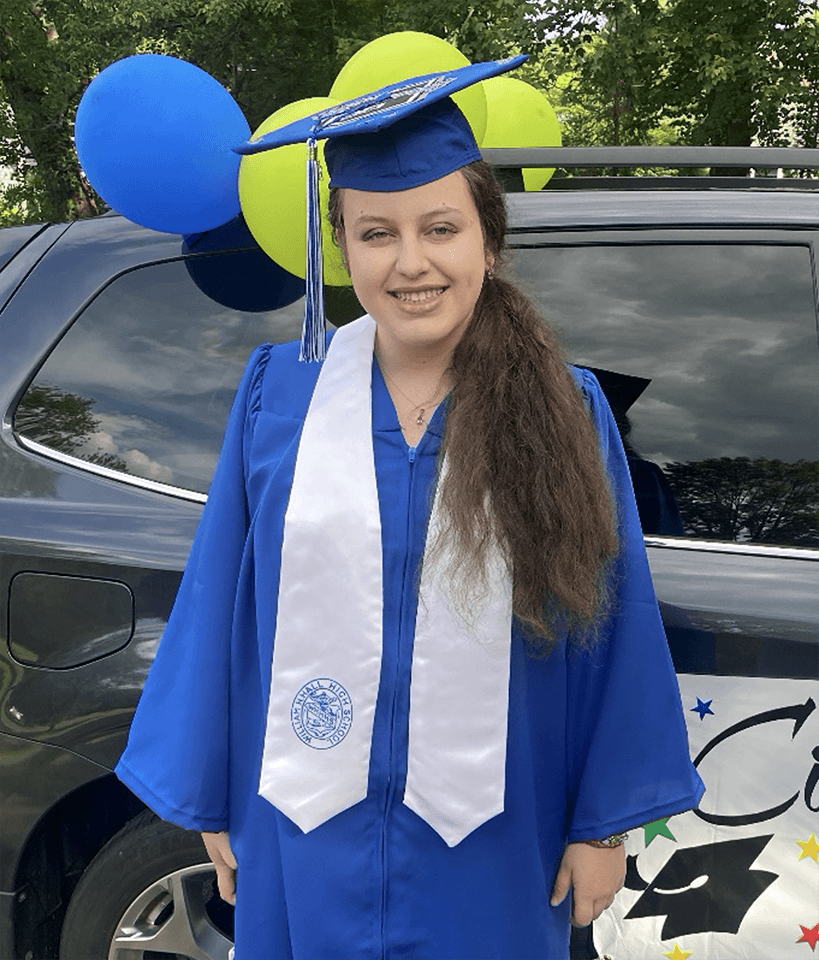 Nina Faynshtayn on graduation day 2020
Nina Faynshtayn on graduation day 2020
“The fact that we were able to make adjustments so quickly while experiencing the end of high school in such a non-traditional, yet fun, way means that we as a country and as a society can do the same,” says Nina Faynshtayn, whose driving activism and optimism has buoyed her, her family and her wider community.
USSYP: Tell us about what’s been happening in your life since the announcement of the pandemic?
I am from West Hartford, Connecticut and recently graduated from Hall High School, a large public school, alongside about 350 students in my grade. Our town is suburban and socioeconomically, racially, and ethnically diverse. I’m personally a part of our Russian-Jewish/Ukrainian sub-community. I love that the people of my town are accepting and interesting; it’s the type of place where you offer to help your neighbors and take care of each other in times of need. I like to think of it as a larger scale version of Stars Hollow (a town from one of my favorite shows, Gilmore Girls).
I was especially disappointed by the cancellation of Washington Week but knew it was for the best. My family has always taught me that no matter what happens, the most important part of life is your health. I’ve coped by knowing that by staying home and social distancing as much as possible, I’m protecting lives, and especially the ones that are most marginalized in our society.
My last official day of school was March 13, 2020. Our class missed prom, senior outing, graduation parties, and more. However, I think most people at my high school would agree that we experienced a great graduation that took place over the course of three days. We started by having a town-wide car parade where seeing our teachers and neighbors wave and cheer at us was exhilarating. We had a drive-in graduation where we remained in our cars until it was time to toss our hats outside. It took place at a polo field area, so there were even some horses seen in the distance. Finally, we had a diploma-receiving day in which we went to school to take a socially distanced picture with the principal and receive our official diplomas and senior gifts.
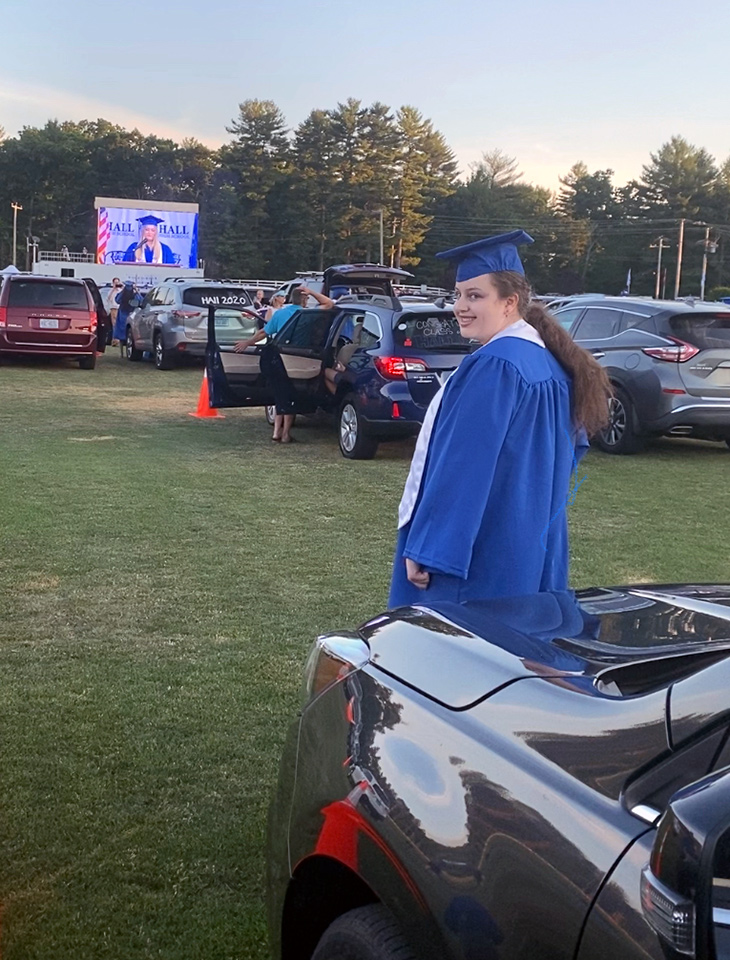
Hall High School in West Hartford, Connecticut holds a socially distant graduation ceremony
Some may say that our end to high school was unfortunate, boring, or depressing. However, I actually think it was hopeful. The fact that we were able to make adjustments so quickly while experiencing the end of high school in a non-traditional, yet fun, way means that we as a country and as a society can do the same. I know that may seem like an exaggeration, but we’ve already been living like this for months, and I’m hopeful that we’ll figure out a way to keep going until there are vaccines and other public health solutions.
USSYP: Which Washington Week Online speakers and events were most impactful for you?
I am grateful to have had the opportunity to partake in all of the Washington Week Online sessions. While all of the speakers offered incredible insights and advice, the ones that most inspired me were Dr. Sharon Milgram and Dr. Erika Barr from the National Institutes of Health (NIH). Since I’m interested in the public health sector, hearing from these two incredible leaders truly empowered me. I also loved hearing from Dr. Francis Collins, who is both the Director of the NIH and a physician-scientist. Discussing the current implications of COVID-19 was eye-opening; I was especially grateful to hear information directly from those who have been leading the current scientific initiatives in our country.
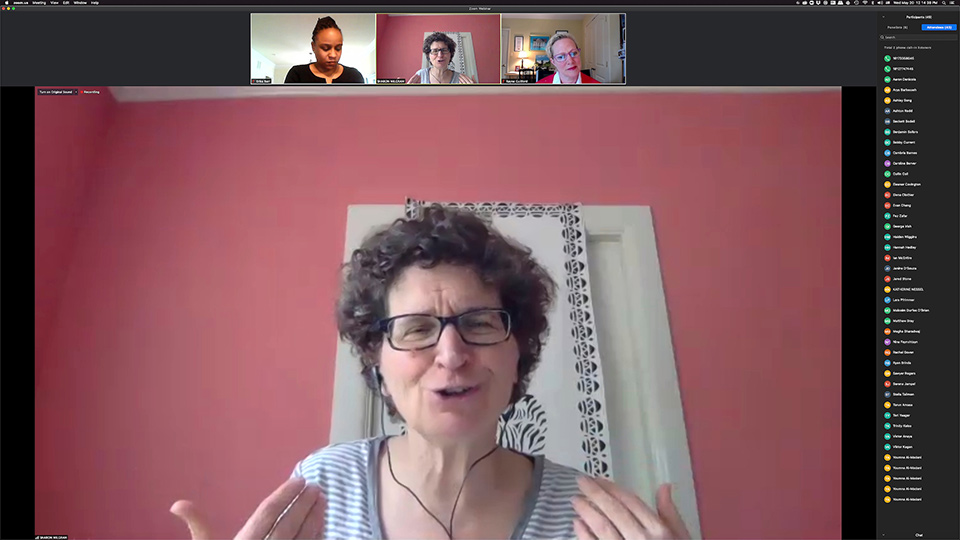
Dr. Sharon Milgram, of the National Institutes of Health, participates in Washington Week Online
© Photo by Jakub Mosur and Erin Lubin
USSYP: Have you formed friendships or special connections with your fellow delegates?
All of the delegates whom I’ve been able to speak with have amazed me with their accomplishments and intellect. My fellow Connecticut delegate Mariam Khan and I were both a part of our State Student Advisory Council on Education, so we collaborated on a research action project about diversity in schools, which we presented to our State Board of Education. Our mission was for the voices of marginalized students be listened to, amplified, and empowered within Connecticut schools.
We also created an “action plan” for the State Board of Education to help schools become less reactive and more proactive towards problems of inequity and inclusion. For example, we felt it was vital that student voices are included in curriculum, school policy, and teacher development, so we recommended that a group of students representing various perspectives be consulted regarding any decision-making processes. We suggested more frequent cultural awareness events, such as assemblies, to educate students about various topics of diversity and we also advocated for more streamlined and transparent procedures for reporting and responding to hate, and creating more centers where students could feel safe.
We wanted to address the inequities caused by COVID-19, so we recommended that students be appointed to task forces and committees for the reopening of schools and distance learning, as well as requested increased student and parent surveys on academic decisions.
I’ve been able to keep up with so many USSYP delegates on social media who have shared their viewpoints on recent political events with me while simultaneously keeping an open mind to my own. There are two people in the USSYP 2020 class who are attending Brown University with me this year, and I’ve been able to speak with both. I’m so excited to meet them on campus in the spring!
USSYP: Has the pandemic had any positive effects in your life? What do you feel you have learned from this experience so far?
I’ve always been used to an extremely busy routine. While juggling school and activities and interests, I rarely had time to relax and rejuvenate. When school initially shut down, I felt lost about what to do. However, I soon realized I could finally step back and reflect, rather than constantly be on the move. For the first time in a long time, I started playing fun songs on the piano, reading books such as Complications by Dr. Atul Gawande and my newest favorite poetry book, Life on Mars by Tracy Smith (which I highly recommend), watching a bunch of TV shows, and spending time with my family before I go off to college.
I’ve especially enjoyed the time I’ve spent writing these past few months; I love to write poetry, academic pieces, and everything in between! It’s relaxing and rewarding, and it has been so long since I could write however and about whatever I want. During my self-reflection processes in my thoughts and in writing, I’ve learned that you can’t plan too far ahead in life because you never know when something might happen and put a complete halt to your initial plans. I think I’ve always known this at the back of my mind, but I didn’t think it would ever be possible for the whole world to stop at the same time; it’s been an eye-opening experience.
USSYP: The pandemic is also a time to show leadership – in your community, through your school, with family and friends. Have there been any instances where your natural inclinations toward leadership and service have shone through?
The hardest part of everything going on has been reading and seeing constant deaths and misfortunes. People are dying — both from COVID-19 and racial injustice. It’s been difficult just because I don’t want to put my family members in vulnerable positions; however, I also want to serve the people of my community. I’ve been doing both by helping community members in responsible ways.
One thing I quickly realized with the start of online learning was the exacerbation of educational inequities. These types of inequities have always existed: some students can afford SAT tutors and some can’t, some students have supportive home environments and some don’t, etc. However, school always seemed to create a “safe space” where all students could theoretically have access to the same resources and opportunities. When we shifted to online learning, everything changed.
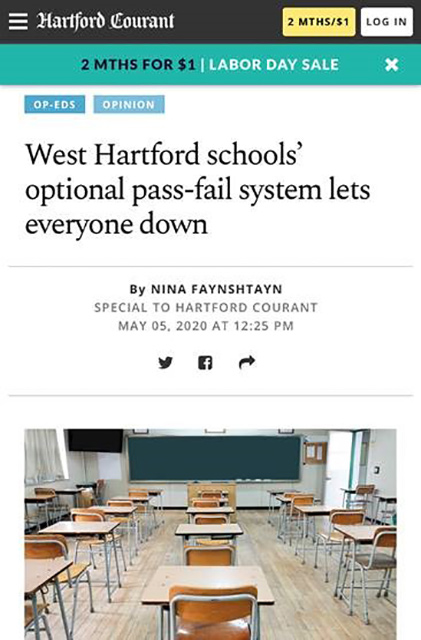 For instance, students who had reliable WiFi networks didn’t need to worry about whether or not they could complete an assignment on time. Those with printers could easily print worksheets and readings to make it easier for them to learn. Those students who have parents who are supportive, loving, and non-abusive didn’t have to worry about external circumstances getting in the way of their learning. Because of the diversity of my town, I knew that some people would be significantly more privileged than others. My school allowed an optional pass/fail system to accommodate students who couldn’t achieve in their circumstances. I became an advocating voice for a universal pass/fail policy at my school so that everyone would have to take all of their courses pass/fail in order to create equity. This system would ensure that students would not be at a disadvantage for college admissions and scholarships if they chose to have “pass” for all their classes while a more privileged student chose to have a transcript full of “As”. In early May, I wrote an article about this idea, and it was published statewide in The Hartford Courant. Although the idea was struck down, I plan to proceed to advocate for such a policy since equity is still extremely compromised with the continuation of online learning.
For instance, students who had reliable WiFi networks didn’t need to worry about whether or not they could complete an assignment on time. Those with printers could easily print worksheets and readings to make it easier for them to learn. Those students who have parents who are supportive, loving, and non-abusive didn’t have to worry about external circumstances getting in the way of their learning. Because of the diversity of my town, I knew that some people would be significantly more privileged than others. My school allowed an optional pass/fail system to accommodate students who couldn’t achieve in their circumstances. I became an advocating voice for a universal pass/fail policy at my school so that everyone would have to take all of their courses pass/fail in order to create equity. This system would ensure that students would not be at a disadvantage for college admissions and scholarships if they chose to have “pass” for all their classes while a more privileged student chose to have a transcript full of “As”. In early May, I wrote an article about this idea, and it was published statewide in The Hartford Courant. Although the idea was struck down, I plan to proceed to advocate for such a policy since equity is still extremely compromised with the continuation of online learning.
A friend and I also decided to start mentoring people through the college process in exchange for proof of a donation to the Black Lives Matter movement. I also started tutoring students for the same “payment”— proof of donation – and have continued for several months. Typically, there is an initial surge in donations for causes during an intense news cycle, and then donations fall off. I have also making phone calls and writing emails to demand justice for the innocent Black lives that have been lost due to police brutality. I continue to do so because, unfortunately, there are new cases on an almost daily basis. I don’t normally publicize this type of work because I think there has been a lot of performative activism lately; however, it’s important that I share this information to hopefully encourage others to do the same.
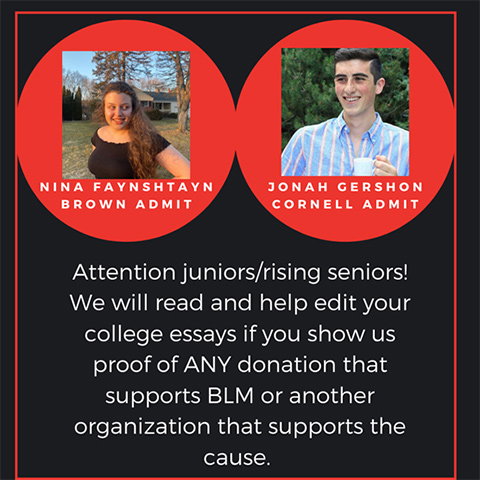 I’ve also been an advocate on the individual level, constantly checking in with friends and family, especially regarding their mental health. This might seem like an obvious statement, but this time has been stressful for everyone, and unfortunately, it’s not over yet. It’s important to recognize that every person is going through something right now. I’ve offered to buy and deliver groceries to friends in my neighborhood, and I’ve also helped people with their job searches. I think coming together as a community in a time when we can’t physically be there for each other is incredibly important. I’ve also always been a caretaker and translator for my family. Many of them are older and fear contracting the virus, so I know it’s comforting for them to speak with me about topics other than that. I will also soon begin volunteering at a local Veterans’ Hospital in order to reach out and support a predominantly older demographic.
I’ve also been an advocate on the individual level, constantly checking in with friends and family, especially regarding their mental health. This might seem like an obvious statement, but this time has been stressful for everyone, and unfortunately, it’s not over yet. It’s important to recognize that every person is going through something right now. I’ve offered to buy and deliver groceries to friends in my neighborhood, and I’ve also helped people with their job searches. I think coming together as a community in a time when we can’t physically be there for each other is incredibly important. I’ve also always been a caretaker and translator for my family. Many of them are older and fear contracting the virus, so I know it’s comforting for them to speak with me about topics other than that. I will also soon begin volunteering at a local Veterans’ Hospital in order to reach out and support a predominantly older demographic.
USSYP: Have you had the opportunity to work with any outside groups, non-profits or other organizations to effect positive change during this time?
I decided to become involved with local campaigns because I think that the fight for racial justice, public health, and equity in all sectors begins with those who represent us on the local and state levels. I became a leader on a state representative campaign.
I’ve also concluded my time with the High School Democrats of America. I was part of the team responsible for planning our very first virtual Summit. This year, of course, everything had to be online. We had to plan speakers, activities, and social events all through Zoom. It was definitely an interesting time because I didn’t have as much experience organizing online; however, everything turned out extremely well. We had over a hundred participants, and many high-profile speakers as well as amazing trainings. Now, I’m part of a teen leader program in which I am a mentor to an underclassman involved with Democratic politics; I definitely plan to continue being involved with youth in politics to encourage their leadership development. In unfortunate times like these, I felt that being a part of the planning committee and now being a mentor, I am able to help facilitate change and bring new energy to young Democrats across the nation.
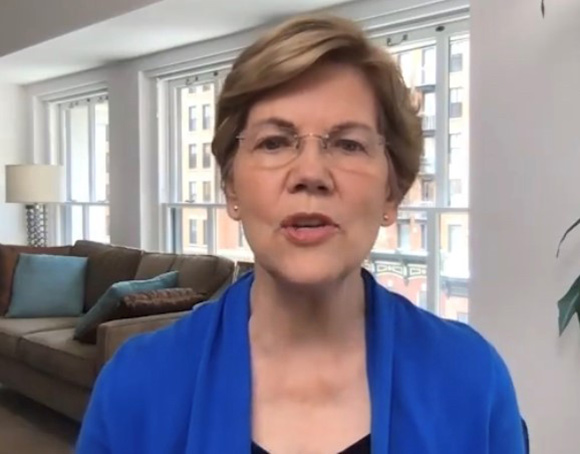
Senator Elizabeth Warren (D-MA) addressing a virtual High School Democrats of America Summit through video.
USSYP: Tell us about your plans for college this fall. I’m excited to be attending my dream school, Brown University, this year! First-year students will be having spring and summer semesters, so I don’t officially start until January, but I’m very excited to join the community in a few months. I will also be joining the Brown University College Democrats to continue my work to elect progressive Democrats.
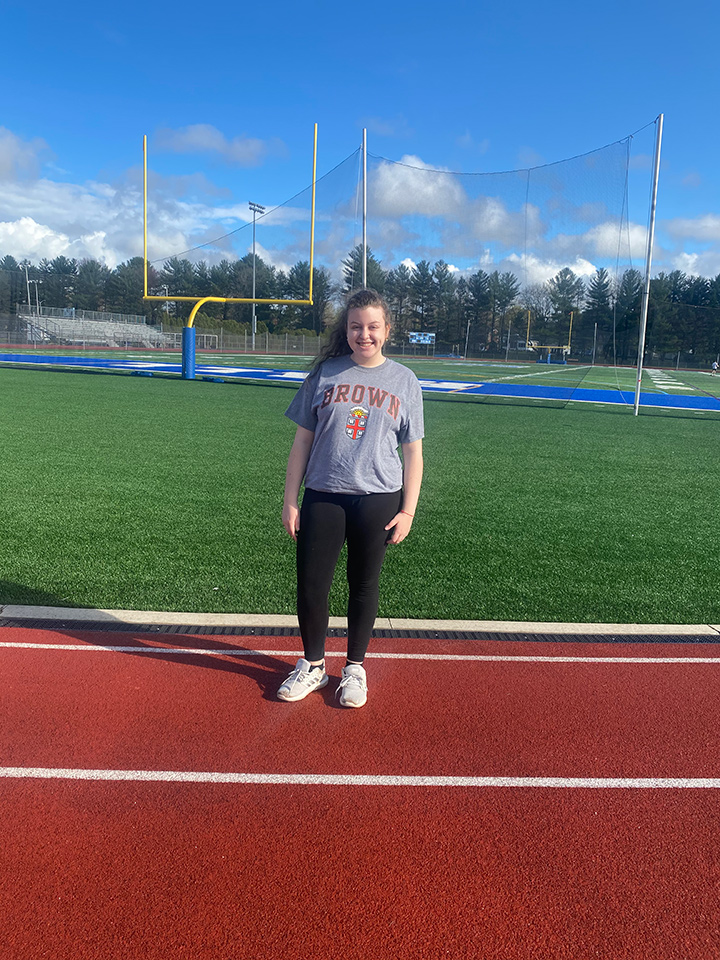
Brown has an incredible program where you can design your own concentration (major), so I plan to develop one that focuses specifically on the intersection of social justice and medicine, particularly with a focus on gender and race. I intend to be on the pre-medical track, so that I can become a physician in the future. I have always wanted to make an impact in the political sphere by pursuing politics and creating change in the public health sector, and the pandemic has solidified my desire even more. The fact that there are so many communities in our country that are disproportionately impacted by COVID-19 means that we must address a multitude of systemic failures and issues. I hope to one day treat people both on an individual level and on a policy level.
